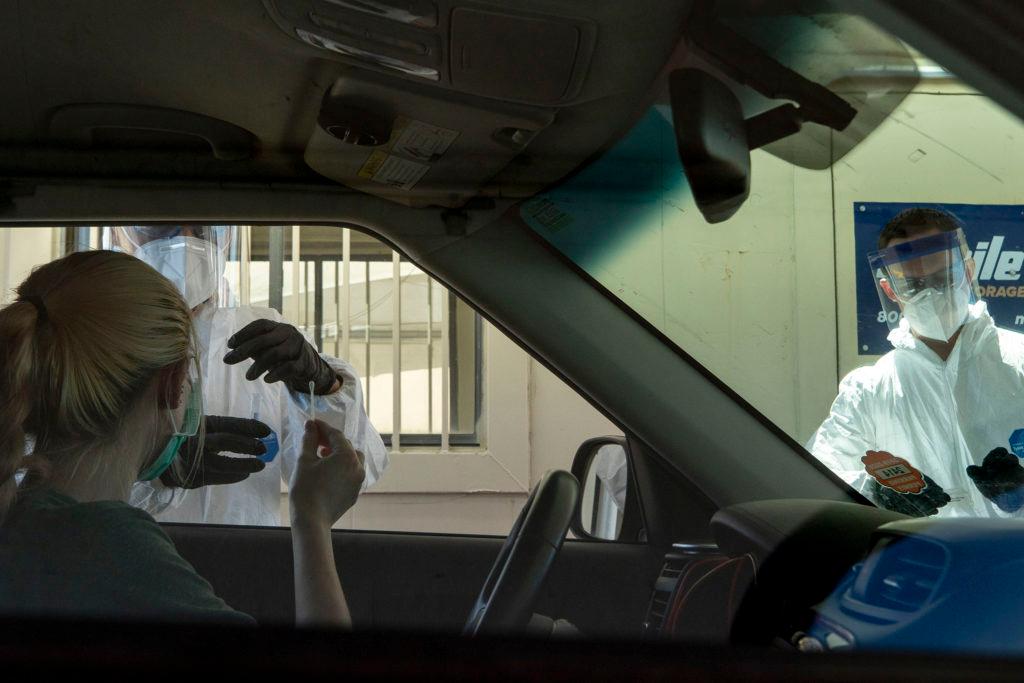
While Other States Battle New Coronavirus Outbreaks, Colorado Faces Only An Uptick. Why?
Good weather, outdoor spaces and a younger population are all possible reasons.
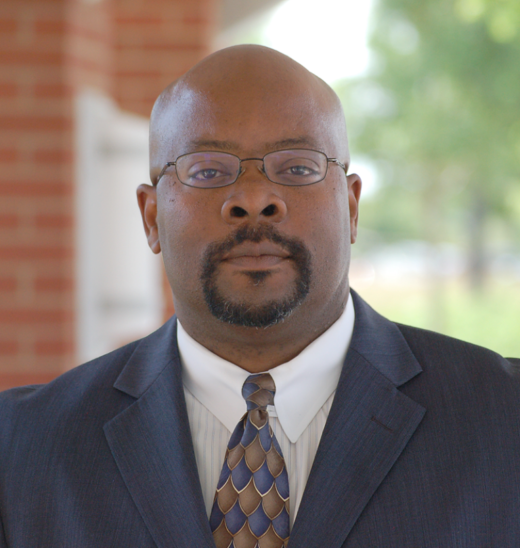
Aurora Schools Superintendent Rico Munn Talks About ‘His Complicated America’
After the news about George Floyd’s killing at the hands of Minneapolis police, the superintendent of schools in Aurora, Colorado wrote a letter to his staff. In the letter, Rico Munn wrote about being black, the son of an illegal immigrant who came to the United States from the West Indies. And Munn wrote that his relationship to America is complicated. A version of that letter was published as a column recently in Aurora’s weekly newspaper, The Sentinel.
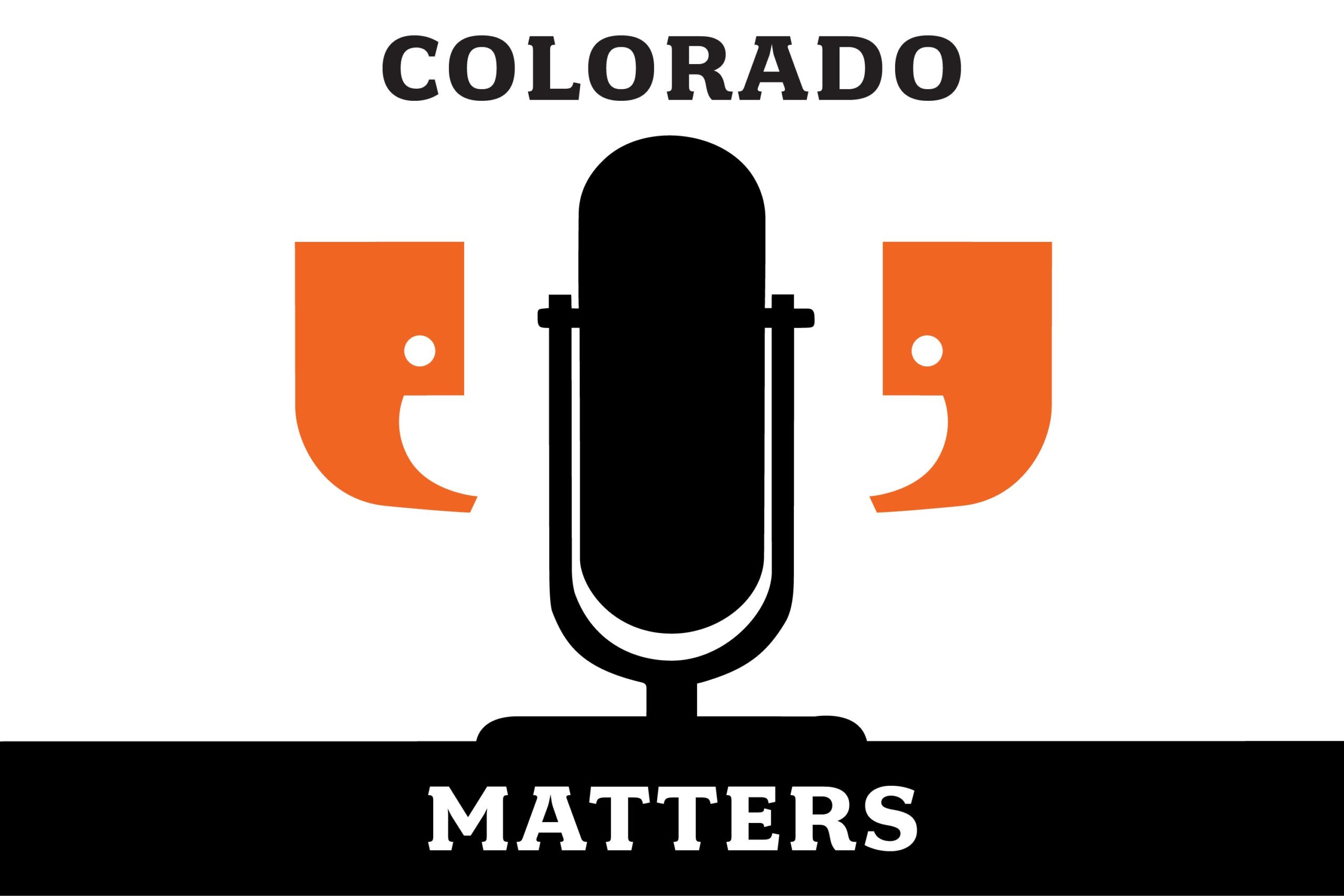


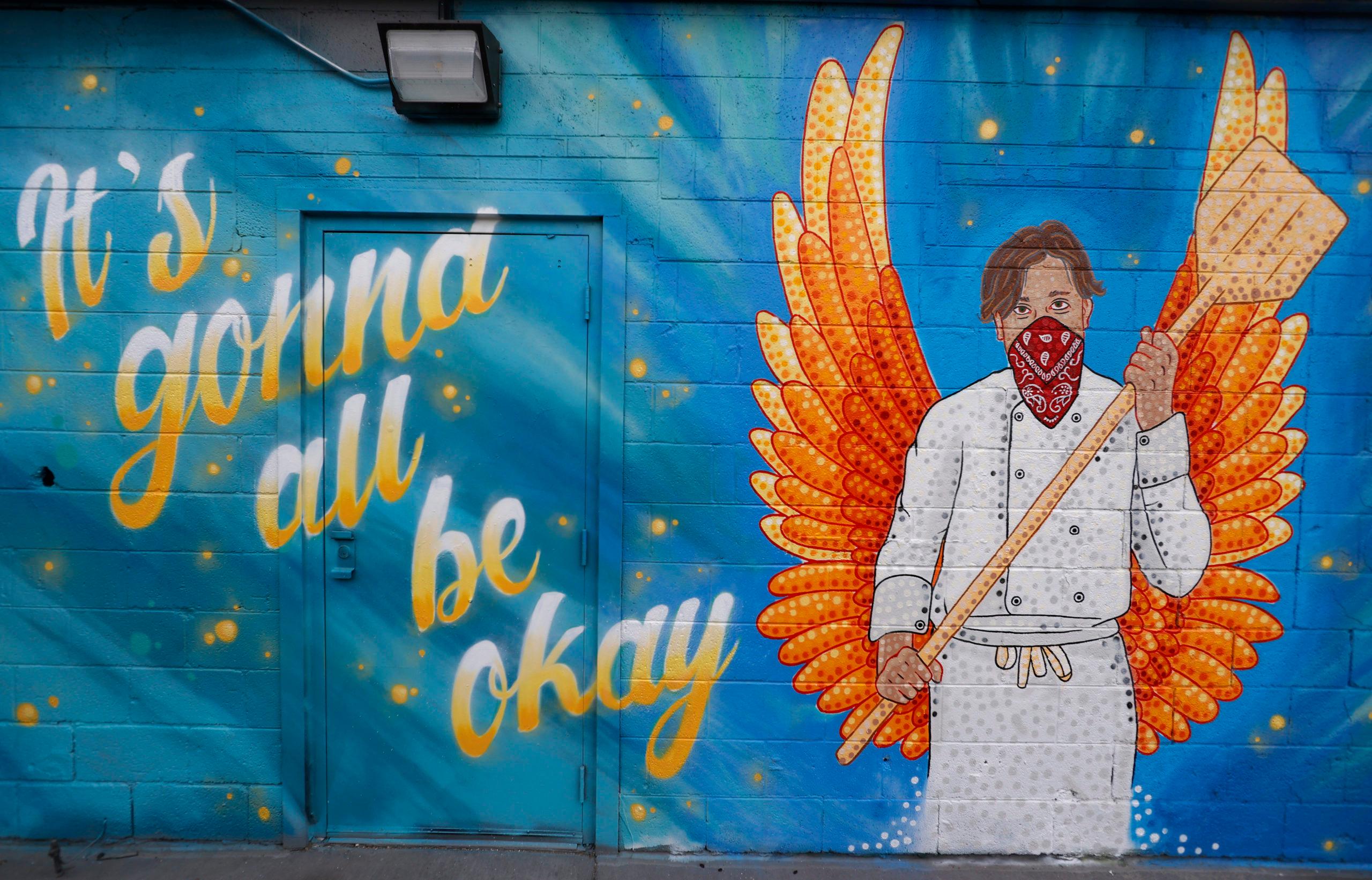
Coronavirus Has Been In Colorado For More Than 100 Days. How Are We Doing?
The number of both new cases of COVID-19 and hospitalizations due to the disease are going down in the state, but health experts say Coloradans are at a “critical crux” in maintaining that trend.

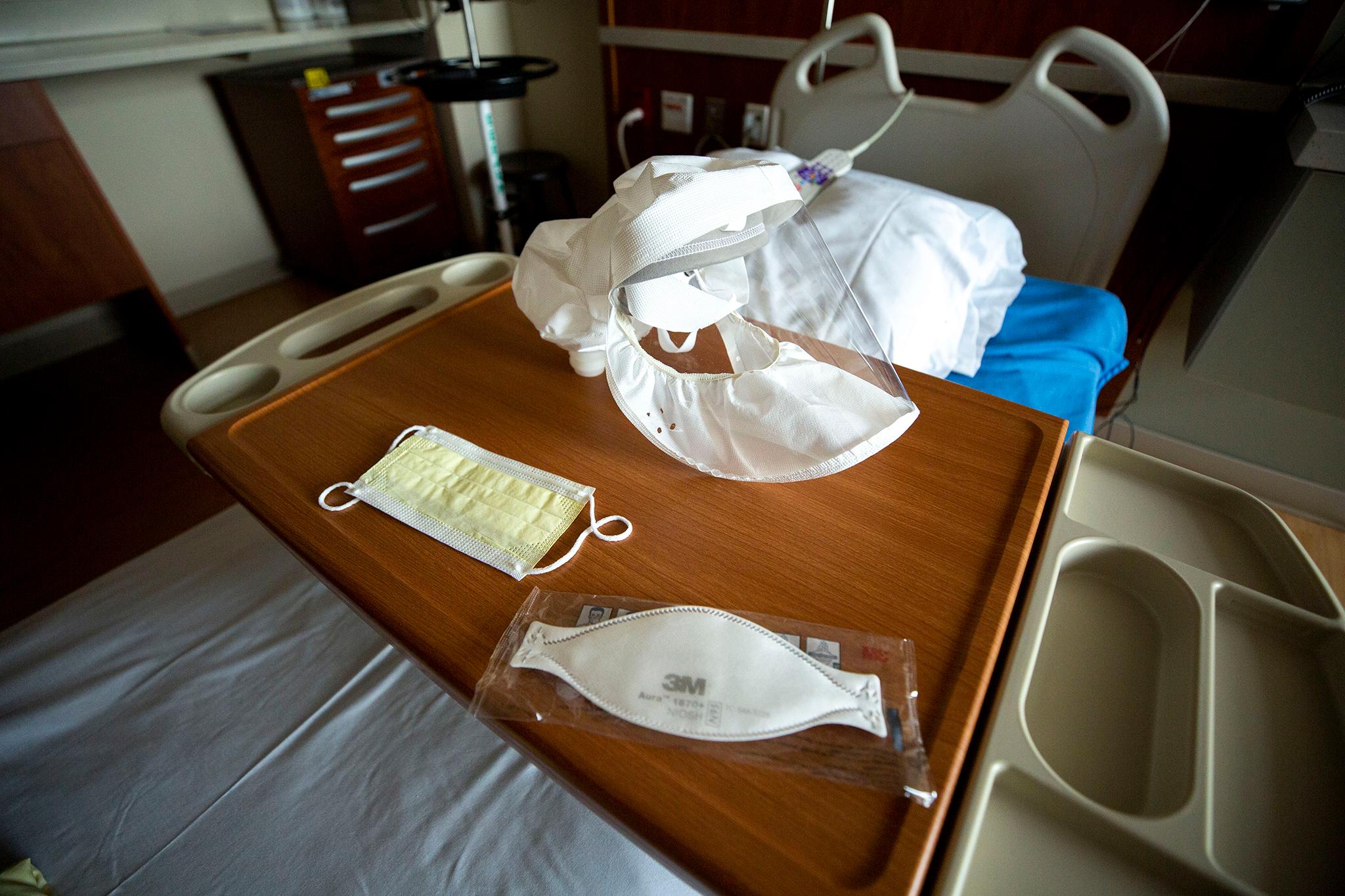
An ‘Unprecedented’ Number Of Coloradans Are Enrolling in Medicaid Due To The Coronavirus Pandemic
Two things are driving the trend: People losing their jobs in the economic crisis caused by COVID-19, and federal rules around Medicaid disenrollment implemented in response to the pandemic.



June 4, 2020: ‘The Listening Session’ On This Moment In History, Episode Two
Today, we present a two-episode podcast called “The Listening Session” from Colorado Matters and CPR News. We asked Coloradans of all colors and creeds to share their experiences during this moment of unrest; what they’re grappling with, and what’s not being discussed. We assembled a panel of community voices, leaders, and experts with different perspectives to join us. This is the second of two parts.

June 4, 2020: ‘The Listening Session’ On This Moment In History, Episode One
Today, we present a two-episode podcast called “The Listening Session” from Colorado Matters and CPR News. We asked Coloradans of all colors and creeds to share their experiences during this moment of unrest; what they’re grappling with, and what’s not being discussed. We assembled a panel of community voices, leaders, and experts with different perspectives to join us. This is the first of two parts.
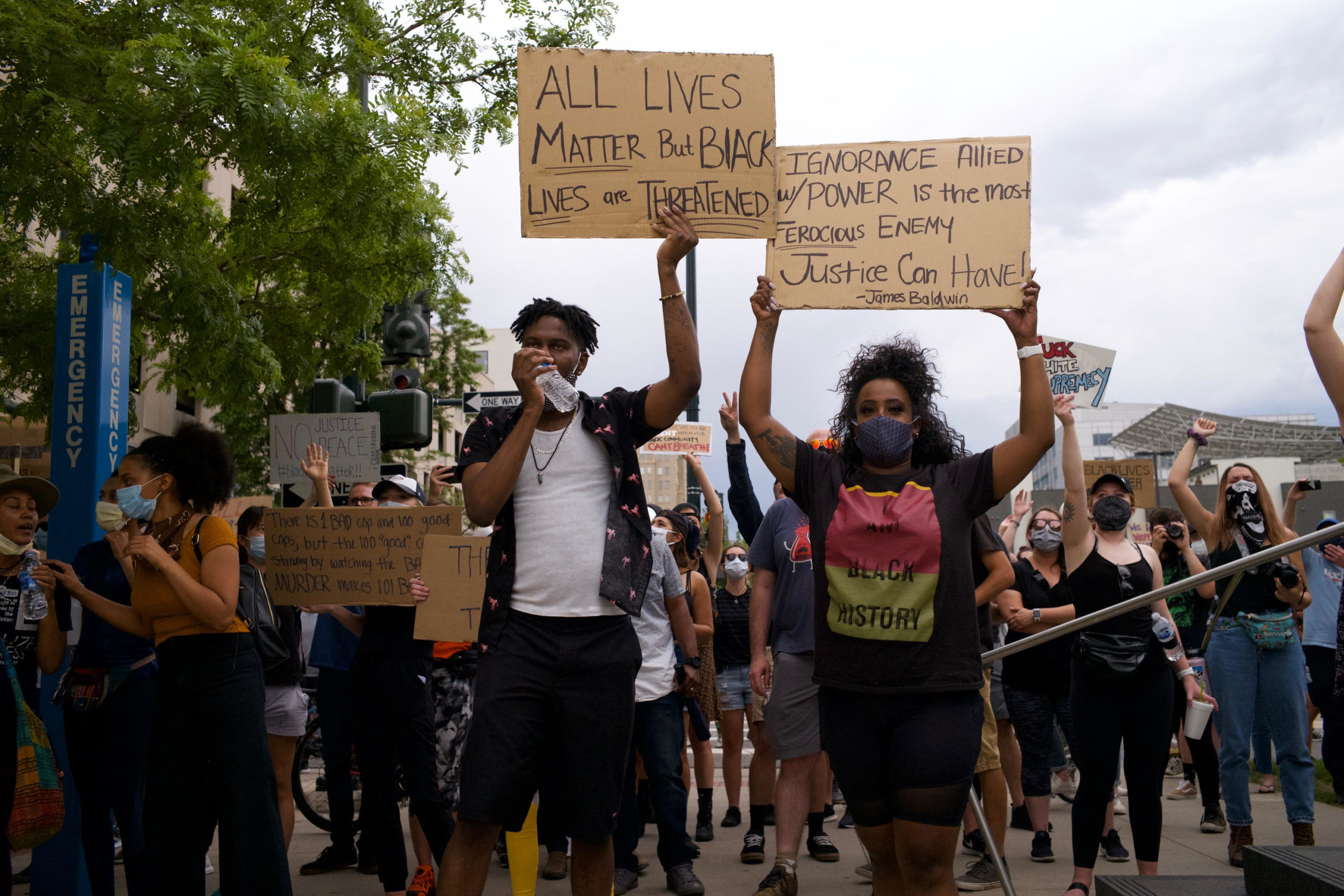
Governor Polis Talks About Protests, Pandemic, And What’s Next
Governor Polis talks publicly for the first time about the ongoing protests, the larger message, and what he hopes will happen next. He also speaks about concerns the protests might have on controlling the ongoing pandemic.
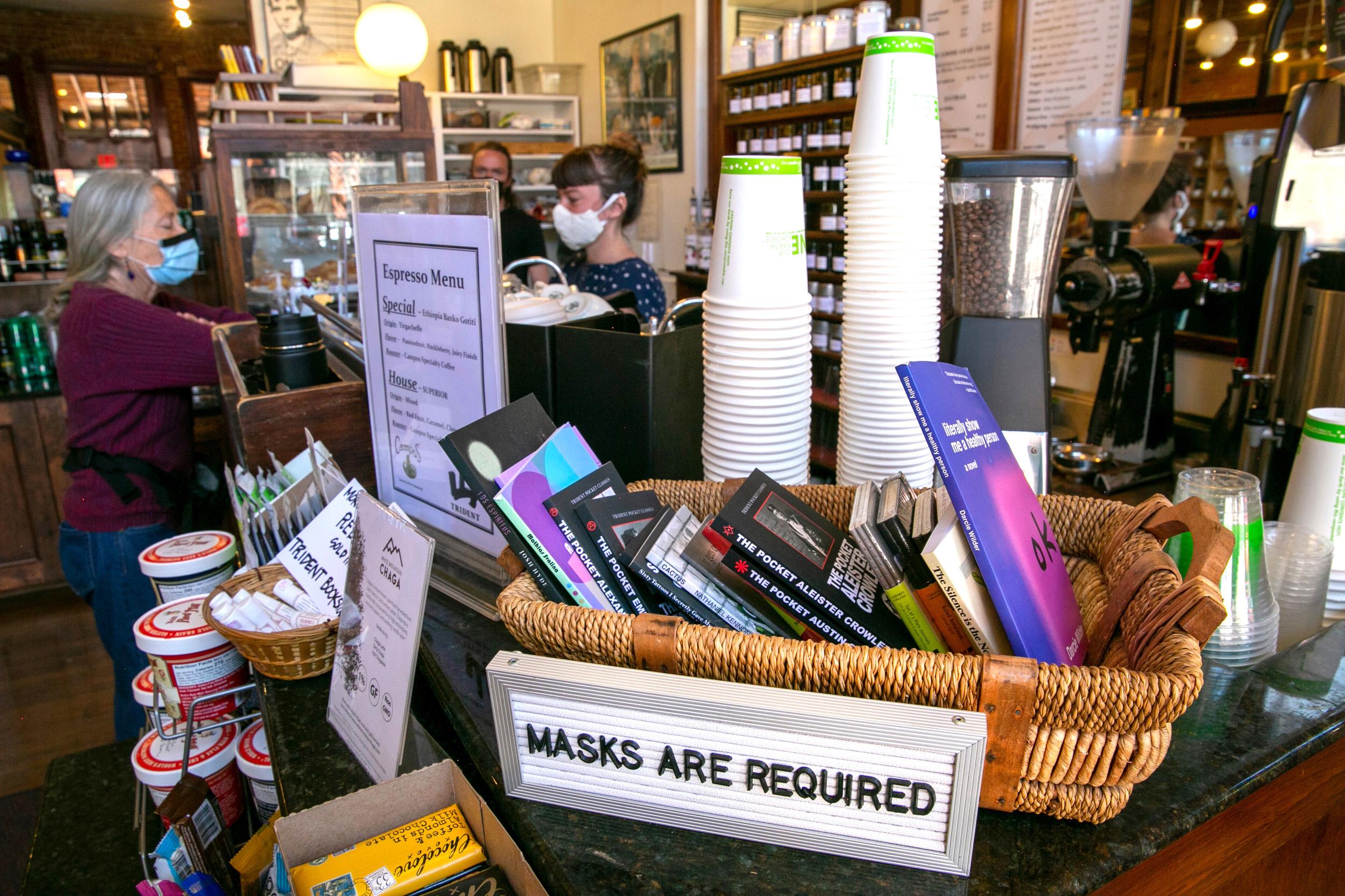
Health Officials Say Take It Slow As Colorado Reopens Amid Coronavirus
Herd immunity is still a long way off and too dangerous to actively pursue, state health officials say.

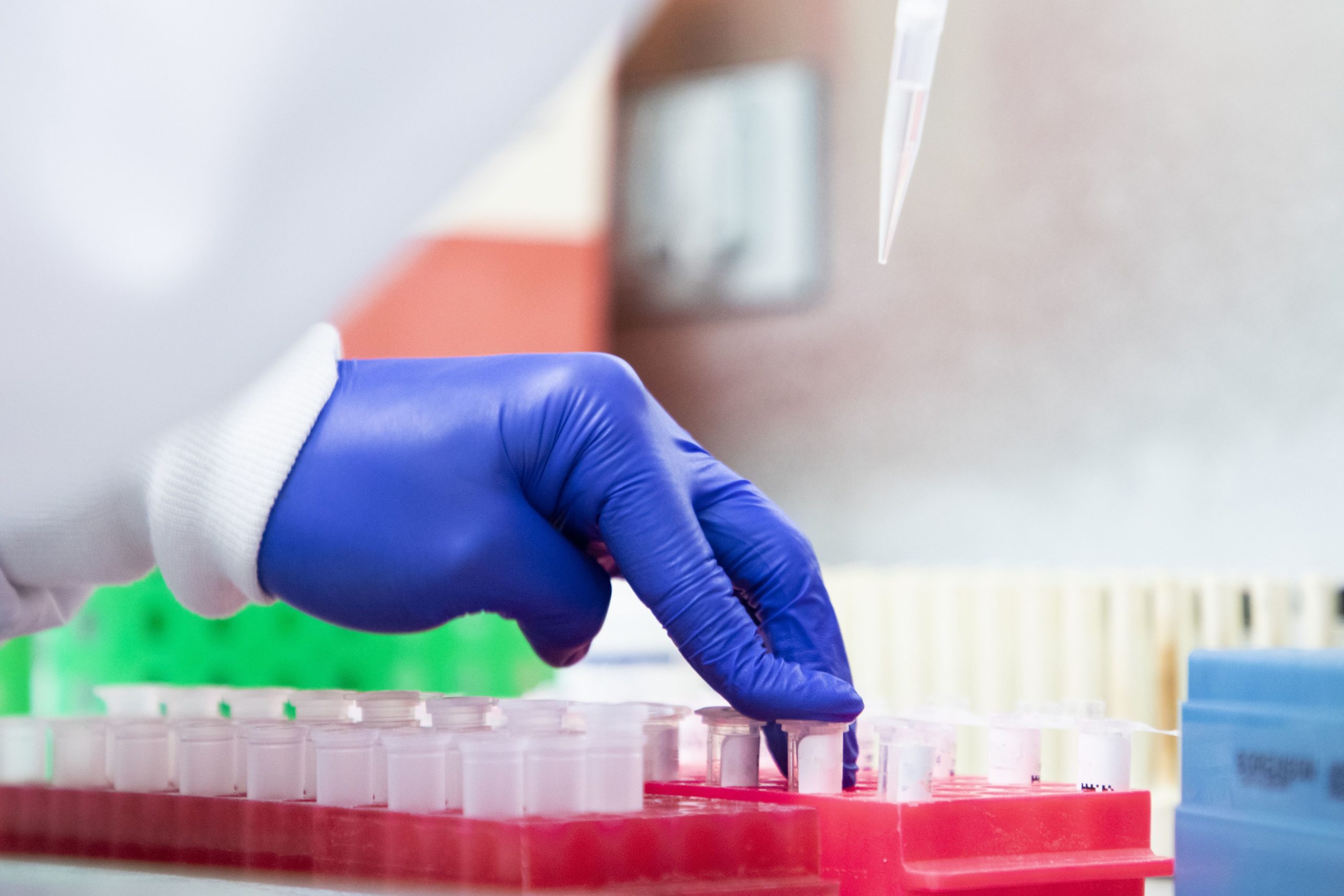
Colorado Still Comes Up Short On Its Coronavirus Testing Goals
As of May 15, the state has committed to providing a test for anyone who is symptomatic.



